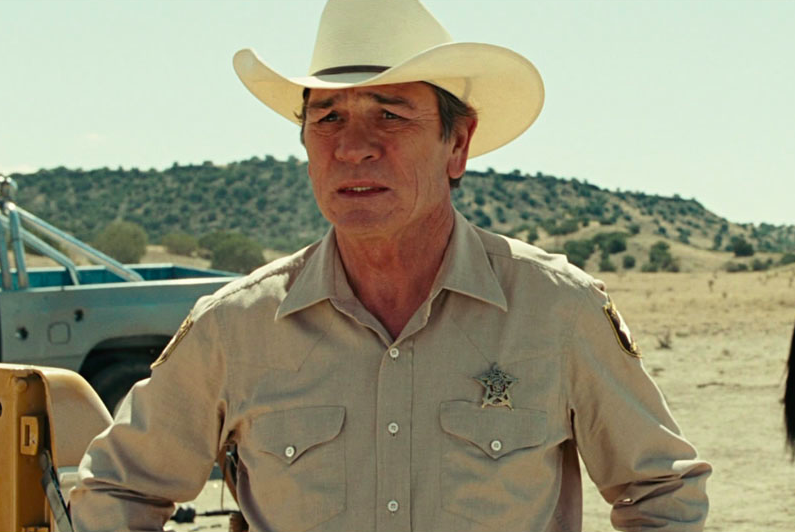
“It’s a mess, ain’t it Sheriff?
“If it ain’t, it’ll do till a mess gets here.”
— Cormac McCarthy, No Country for Old Men
What is it with all these racist old guys? First it was Nevada welfare cowboy Cliven Bundy spouting off about “the negro” being better off under slavery, then doubling down by invoking Dr. Martin Luther King. Finally, completing a trifecta of tastelessness, he compared himself to Rosa Parks.
Let’s see … Rosa Parks boarded a Birmingham bus unarmed, sat in the “whites only” section, faced down a hostile bus driver, was arrested, went to jail, appealed her arrest, and changed civil rights forever. Cliven Bundy refused to pay cattle grazing fees, falsely claimed he had legacy rights to ignore U.S. law, and surrounded himself with armed “militia” who threatened to shoot federal agents who were attempting to do their job. Yup, that’s exactly like Rosa Parks.
All of it was so offensive and egregious that even his former fluffer, Fox News’ Sean Hannity, aka “the caucasian,” had to denounce him. “I meant Al Bundy,” Hannity sputtered. “He was so good in Married With Children.” Props to Sean for making the right Bundy counter-move. At least he didn’t go with Ted.
Next, it was Los Angeles Clippers owner Donald Sterling’s turn. He was outed by his 30-year-old girlfriend via a secret tape-recording that revealed that the 81-year-old ladies man doesn’t like black people very much and would prefer that his girlfriend not hang around with them. We’re not yet sure how Sterling’s wife feels about her husband’s racial views, but give it time.
It’s so sad when true love goes wrong. After having a four-year public affair, you’d think some trust would have been built up between Donald and his mistress, what’s her name. Or a trust fund. Something. But no. She was upset with him and outed him as a racist. In their next game, the Clippers players protested, turning their sweatsuits inside out and dumping them at center court. Then they went out and got beat by 20 points, pulling off the NBA’s first-ever full-court flop.
On Tuesday, NBA Commissioner Adam Silver banned Sterling for life from any league activities and from any managerial role with his team and fined him $2.5 million. Silver and the other NBA owners know better than anyone that if Sterling remains with his team, the Clippers might as well join a Salt Lake City church league.
Increasingly, it appears we are becoming “no country for old men,” as one codger after another decides to vent a lifetime of stored ignorance. Hateful homophobe Fred Phelps, went to his just reward a few months back. No tears were shed except, presumably, by his family. Phelps’ legacy of bigotry is secure and permanent. Donald Sterling and Cliven Bundy aren’t dead yet, but barring some miraculous change of heart, their legacies are also set in stone.
Bruce VanWyngarden